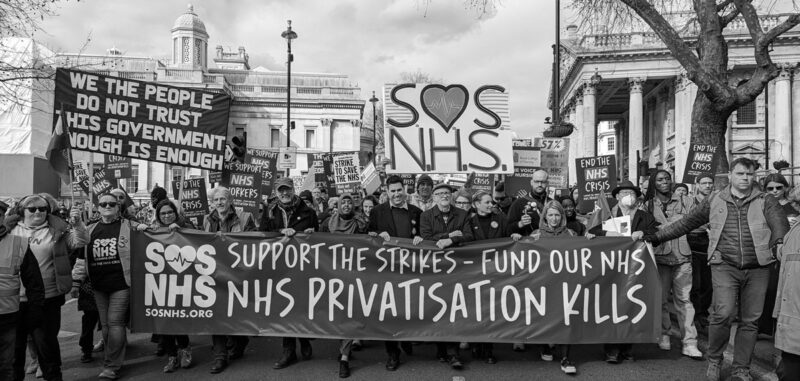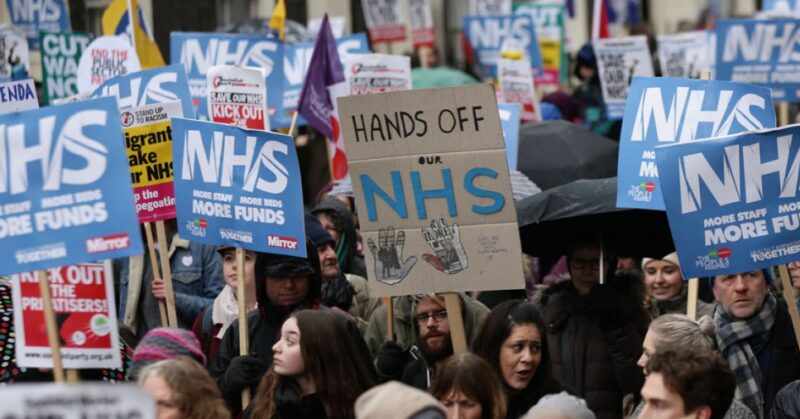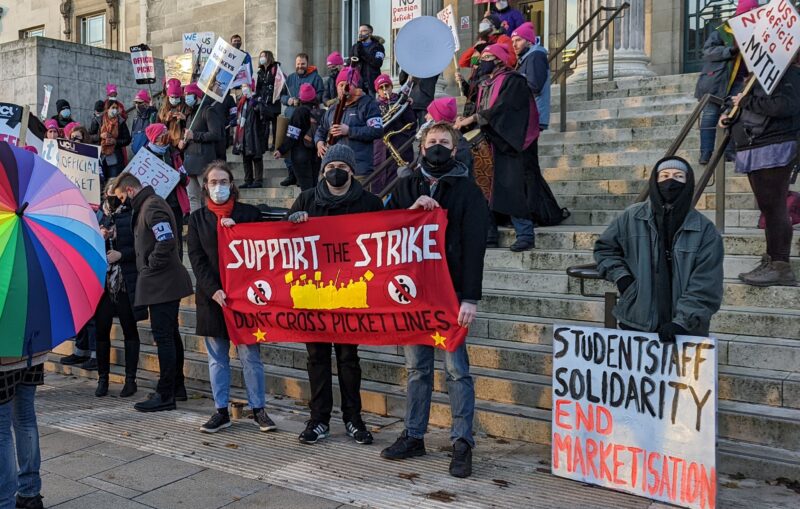NHS: All out with Unite on 10 May
The fight to save the NHS starts with the pensions strike on 10 May, argues NHS worker Dara O’Connell
 A HUNDRED thousand health workers in Unite will take strike action on Thursday 10 May over attacks to their pensions. Members of the PCS, UCU, Nipsa and the RMT will join them, as strikes hit colleges, Jobcentres and other key services.
A HUNDRED thousand health workers in Unite will take strike action on Thursday 10 May over attacks to their pensions. Members of the PCS, UCU, Nipsa and the RMT will join them, as strikes hit colleges, Jobcentres and other key services.
Last November up to 2 million public sector workers went on strike against Tory plans to make them work longer, pay more towards their pensions and get less in return when they retire. Unite’s health members further voted by a margin of over 94 per cent in January to reject the pension package, reinforcing their mandate for further strikes.
The Tories have already imposed increases on pension contributions, with NHS workers losing an average of £30 a month. This increase arrived during the extended lull since 30 November, as union bureaucrats either refused to call more action or simply dithered over the next steps.
The conservatism and passivity of the union leaders has emboldened the Tory-led coalition to ratchet up their attacks on the NHS. The Health and Social Care Act, effectively handing huge swathes of the NHS over to the private sector, was passed without even a national demonstration.
Now health secretary Andrew Lansley has threatened NHS workers that they will be paid less if they live in poorer areas. These pay cuts and the £20 billion of cuts over the next four years are meant to soften up workers and the public for the privatisation the NHS.
United front – above and below
But the campaign against the government’s plans has been strengthened over the last few days. A ballot of 300,000 NHS workers in Unison showed that just over half voted against the pension deal, albeit with a low turnout of 14.8 per cent. Christina McAnea, Unison’s unelected head of health, claimed, “The low turnout coupled with the close vote shows there is no mandate to endorse the pensions proposals, but equally no mandate to take further action.”
This is a blatant lie; the original ballot for strike action, representing a majority of 78 per cent, is still live and action can be restarted. The low turnout was undoubtedly due to the cynicism of members who expected more action after the incredible show of force in November. The British Medical Association and the Royal College of Nurses have also voted to reject the government’s final offer.
The crisis facing us is not the demoralisation of union members, who clearly want to fight, but one of political direction. Union leaders, like Unison’s Dave Prentis and the GMB’s Paul Kenny, have won no concessions from negotiations. Meanwhile the “rejectionist” leaders have failed to give a clear lead against a sell-out.
The strike on 10 May can reignite the struggle and provide activists with the opportunity to agitate for a return to a united campaign. This means building joint mobilising meetings in our workplaces, involving striking unions and non-striking unions, to mount pickets on the day and organise solidarity actions.
This could kickstart the process of building cross-union strike committees across the NHS so that the rank and file can prepare for more strikes, oppose the leaders selling out, and deliver action without them if necessary.
It is clear a series of one-day actions will not be enough to win. We need to escalate the actions, culminating in a general strike, to defeat the pension attacks, save the NHS from privatisation and bring down the millionaires’ coalition.









